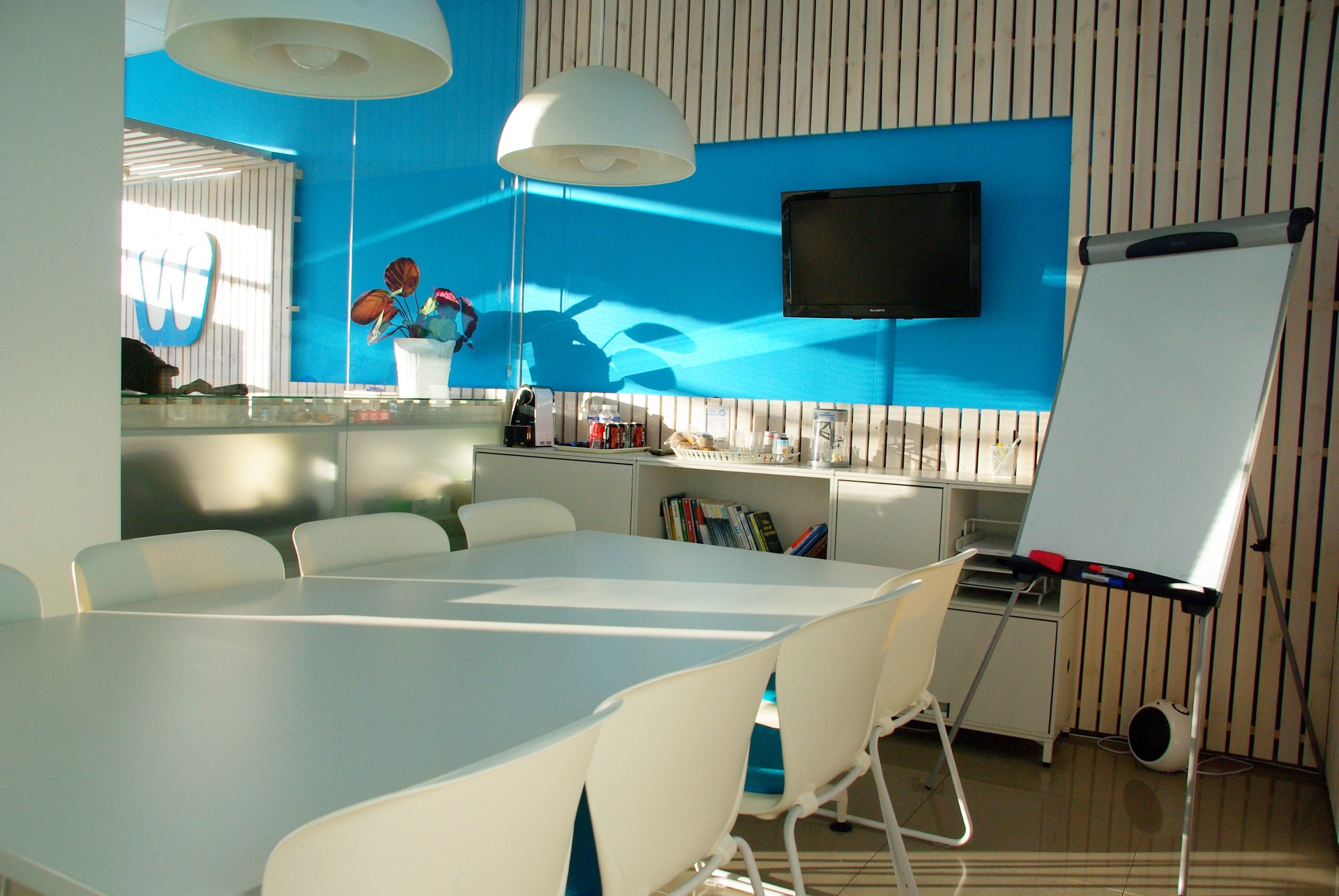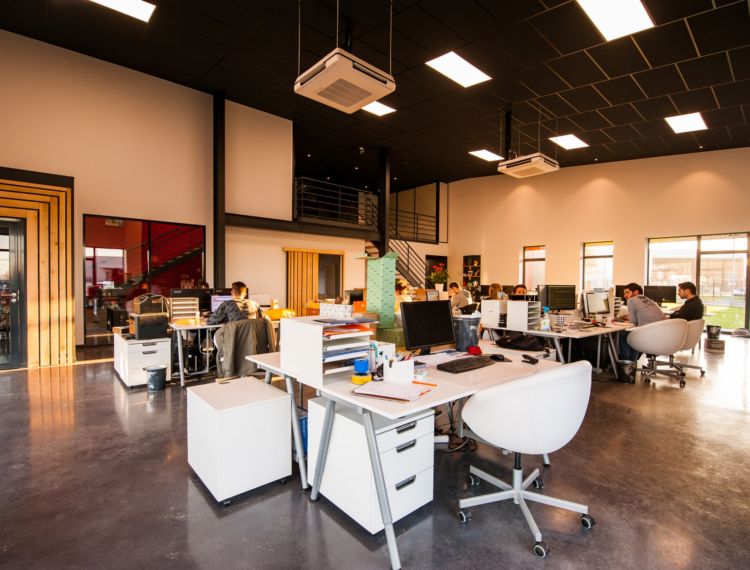- Homepage
- Friendship
- Does Co Space Sometimes Make You Feel Stupid?
The International Space Station is brimming with bacteria and fungi that can cause diseases and form biofilms that promote antibiotic resistance, and can even corrode the spacecraft, a new study has found.The station, built in 1998 and orbiting around 250 miles above the Earth, has been visited by more than 222 astronauts and up to six resupply missions a year up until August 2017.NASA scientists discovered microbes mainly came from humans and were similar to those found in public buildings and offices here on Earth.
The study – the first to provide a comprehensive catalogue of the bacteria and fungi lurking on interior surfaces in closed space systems – was published in the journal Microbiome.Dr Kasthuri Venkateswaran, a senior research scientist at the NASA Jet Propulsion Laboratory and one of the study’s authors, said: “The ISS is a hermetically sealed closed system, subjected to microgravity, radiation, elevated carbon dioxide and the recirculation of air through HEPA filters, and is considered an ‘extreme environment’.
In fact, life appeared on Earth 3.8 billion years ago, virtually immediately after the end of the heavy asteroidal and cometary bombardment phase in the inner solar system .
He noted that microbes are known to survive and even thrive in extreme environments. The microbes that are present on the International Space Station could have been in existence since the station’s inception, he added, while others may be introduced every time new astronauts or payloads arrive.Dr Venkateswaran added: “The influence of the indoor microbiome on human health becomes more important for astronauts during flights due to altered immunity
If natural or artificial panspermia were occurring, we would see the same general type of life everywhere, with no evidence of a prior evolutionary history of simpler forms,” said Zubrin. In fact, life appeared on Earth 3.8 billion years ago, virtually immediately after the end of the heavy asteroidal and cometary bombardment phase in the inner solar system that is thought to have precluded life on Earth prior to that, says Zubrin. Thus, he concludes that either life evolves quickly and easily from chemistry as soon as it has a chance. Or life was already floating around in space ready to land and multiply as soon as conditions on Earth became livable.


